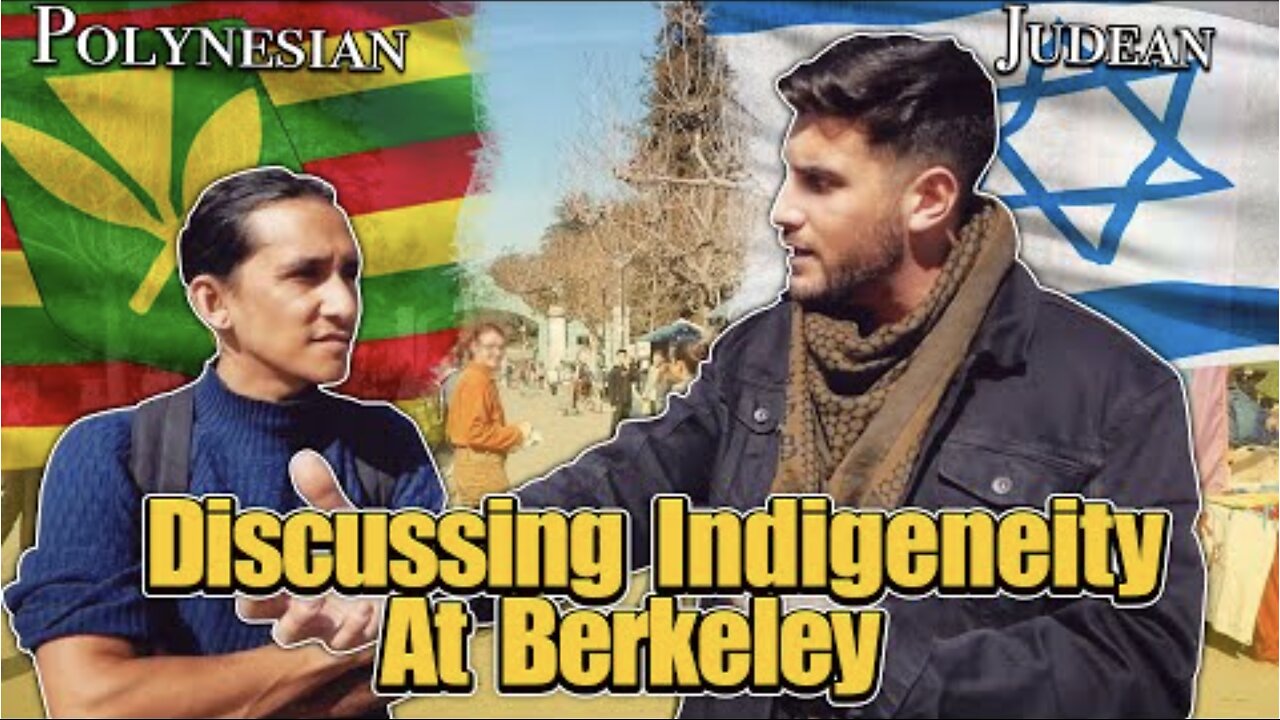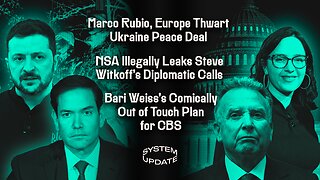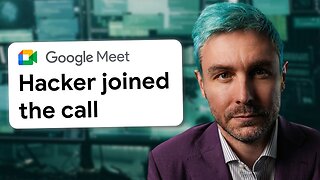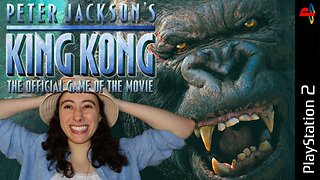Premium Only Content

Discussing Indigeneity At Berkeley
At Berkeley University a conversation on indigeneity was sparked in the middle of campus when a Polynesian American student approached a table discussing Jewish identity and liberation.
The student was respectful and willing to listen, which unfortunately is rare to find in times with such political divide. The student also did not harbor many of the anti-Semitic tropes that are commonly found amongst those who have not been exposed to facts such as Jews being the indigenous pre-colonial collective that originate from the land of Judea/Israel.
That being said, he did unintentionally hold double standards against the Jewish people, which is one of the ways that anti-Semitism is expressed. In other words, if one believes in native rights and the liberation/self-determination of indigenous populations and supports all indigenous collectives, but holds a different standard when it comes to the Jewish people, that is a form of holding double standards specifically against Jews and thus an anti-Semitic position.
Throughout the conversation the student clearly showed that indigenous rights for such populations were extremely important and in line with his core values, especially being native Hawaiian and a supporter of the liberation movements there. However, when discussing Jewish indigeneity, he shifted the conversation to questioning the legitimacy of "borders" or bringing up the current conflict.
His comments and conclusions were not malicious nor were they intended to offend, but that doesn't mean that they weren’t also xenophobic in nature. Imagine if someone was speaking to Native American Nations, to Tibetans, or to Polynesians about identity, land rights and self-determination, and in response to that were countered with talks of borders or current ethnic conflict in these lands. This would clearly be at best insensitive and at worst an attempt to use struggle out of context in order to delegitimize an indigenous groups identity, struggles, and needs.
The conversations on borders or ethnic conflict are ones that need their own space, and should never be conflated or used to minimize conversations on one group’s identity and indigenous rights.
It is not the student’s fault to have responded the way that he did. It is the fault of pop-culture not grasping the concept of Jewish identity, liberation, and indigenous rights. It is the responsibility of the group in question to narrate their own story in order for the pop-culture of a society to evolve and for the population to then differentiate what is right and with what is wrong.
This video was made in collaboration with the Berkeley Tikvah student group.
If you like our work and would like to see more projects like this please support us on Patreon @rudyrochman or https://www.paypal.me/RudyRochman.
Edited by: Leibman Productions
-
 15:51
15:51
Upper Echelon Gamers
5 hours ago"INFLUENCERS" - House of LIES
3.02K -
 1:29:23
1:29:23
Glenn Greenwald
6 hours agoMarco Rubio, Europe Thwart Ukraine Peace Deal; NSA Illegally Leaks Steve Witkoff's Diplomatic Calls; Bari Weiss's Comically Out of Touch Plan for CBS | SYSTEM UPDATE #550
136K62 -
 51:15
51:15
State of the Second Podcast
8 hours agoCan You Trust Paid Gun Reviews? (ft. Tactical Advisor)
3.27K -
 8:56
8:56
MetatronGaming
6 hours agoSuper Nintendo NA vs PAL
18.3K8 -
 20:02
20:02
Scammer Payback
8 hours agoHijacking a Scammer Group's Live Video Calls
5.87K1 -
 3:18:30
3:18:30
Nikko Ortiz
6 hours agoArc Raiders 1st Gameplay... | Rumble LIVE
34K2 -
 2:17:05
2:17:05
Blabs Life
7 hours agoPART 3: Peter Jackson's King Kong: The Official Game of the Movie | Noob Plays
21.6K2 -
 18:07
18:07
MetatronCore
6 hours agoAmala Ekpunobi is BASED
21.5K7 -
 1:01:48
1:01:48
BonginoReport
6 hours agoWaddle & Gobble Receive Presidential Pardons! - Nightly Scroll w/ Hayley Caronia (Ep.185)
124K32 -
 53:41
53:41
Katie Miller Pod
5 hours agoMike & Kelly Johnson on Marriage, Family, & Demands of the Job | The Katie Miller Podcast Ep. 16
43.1K15